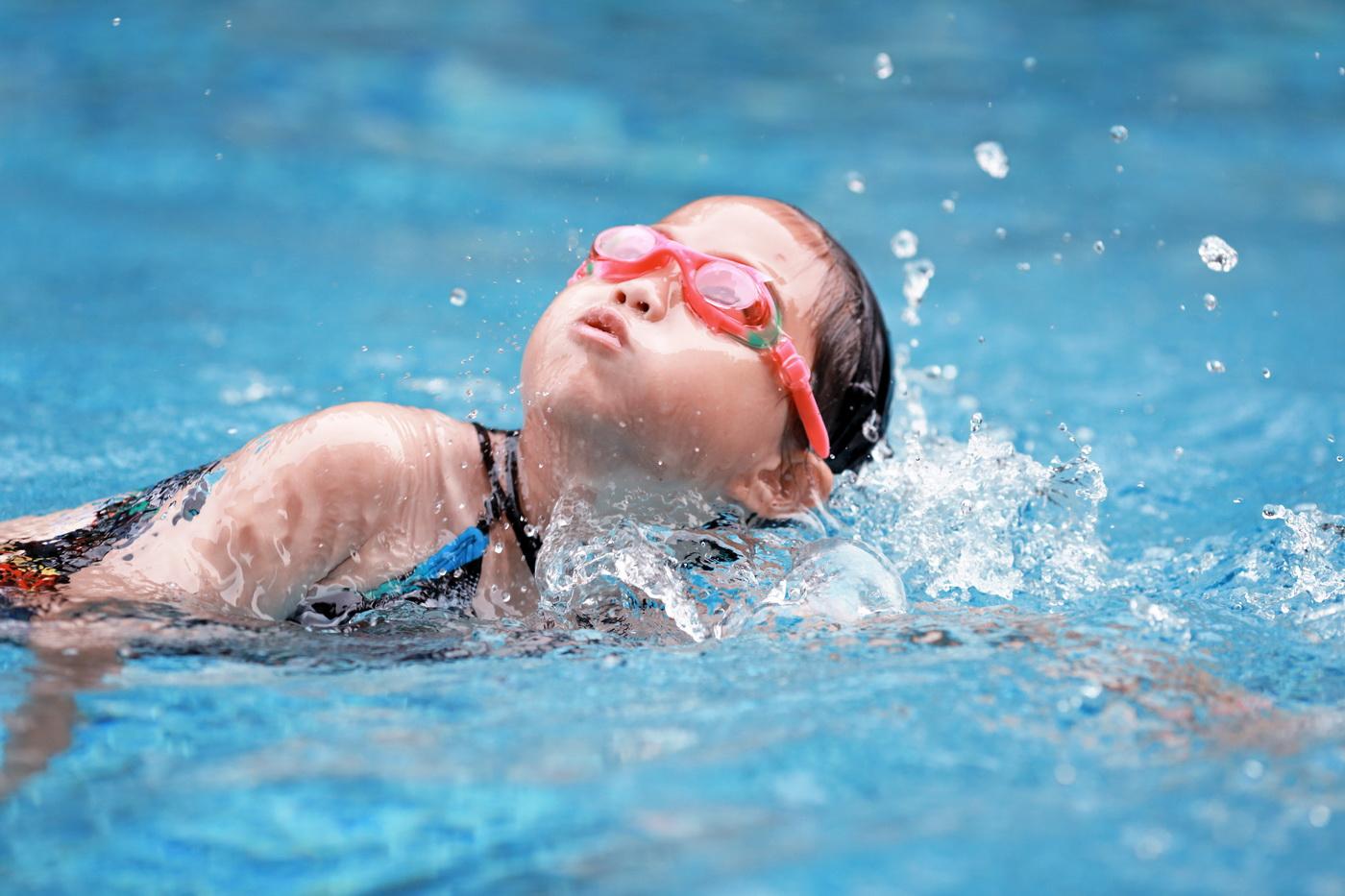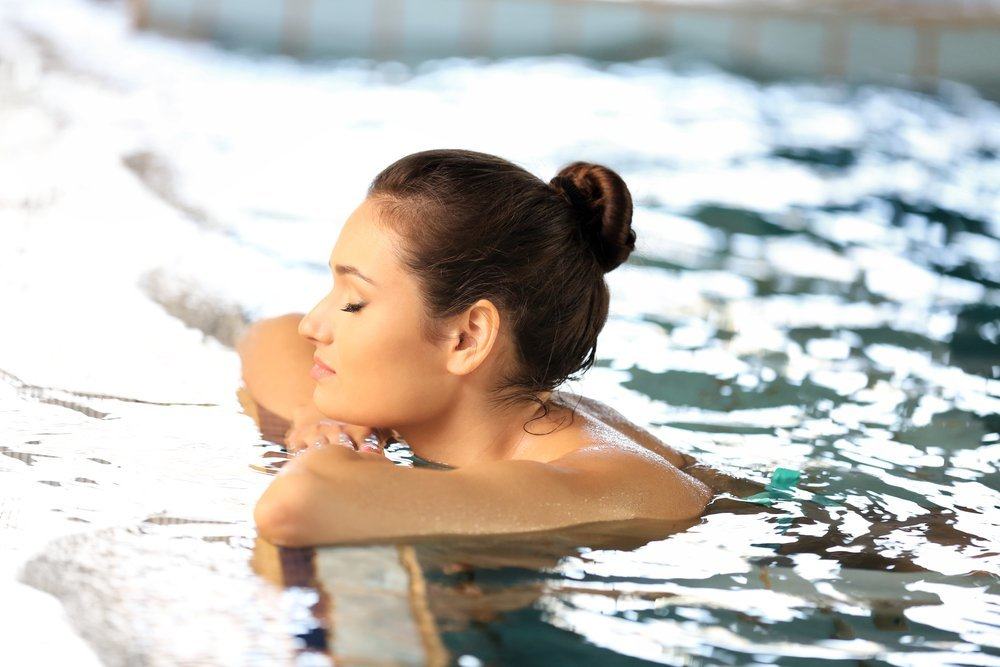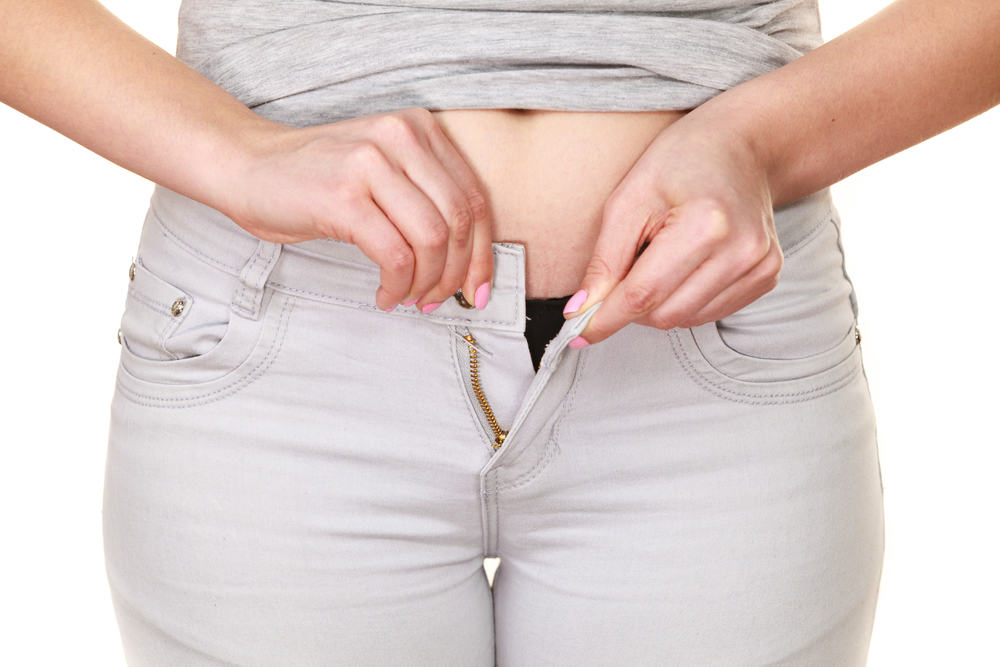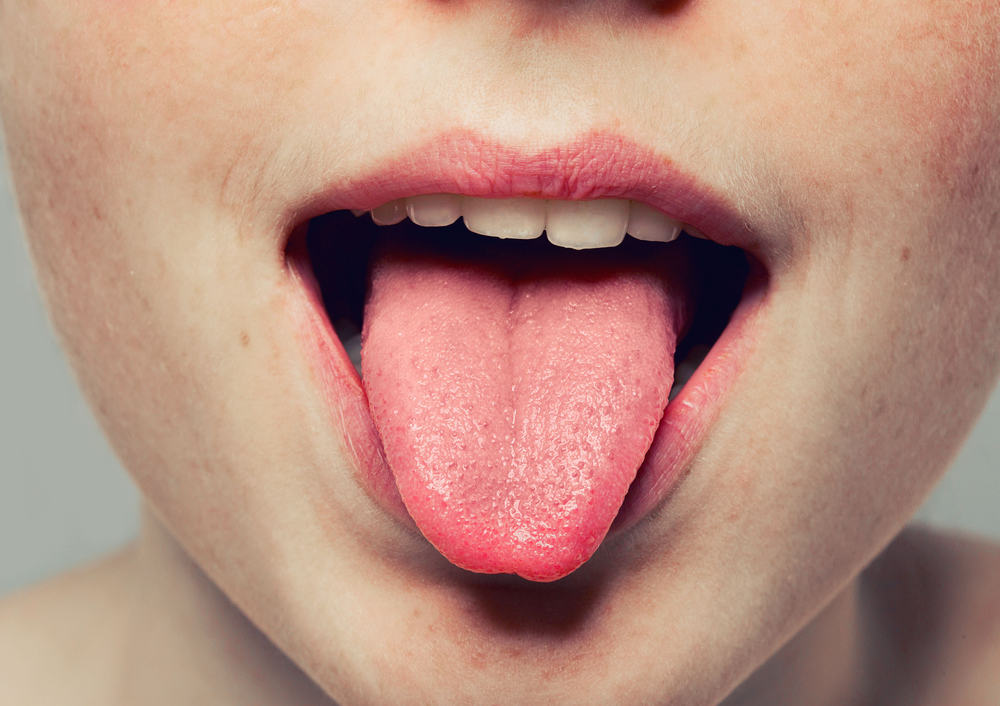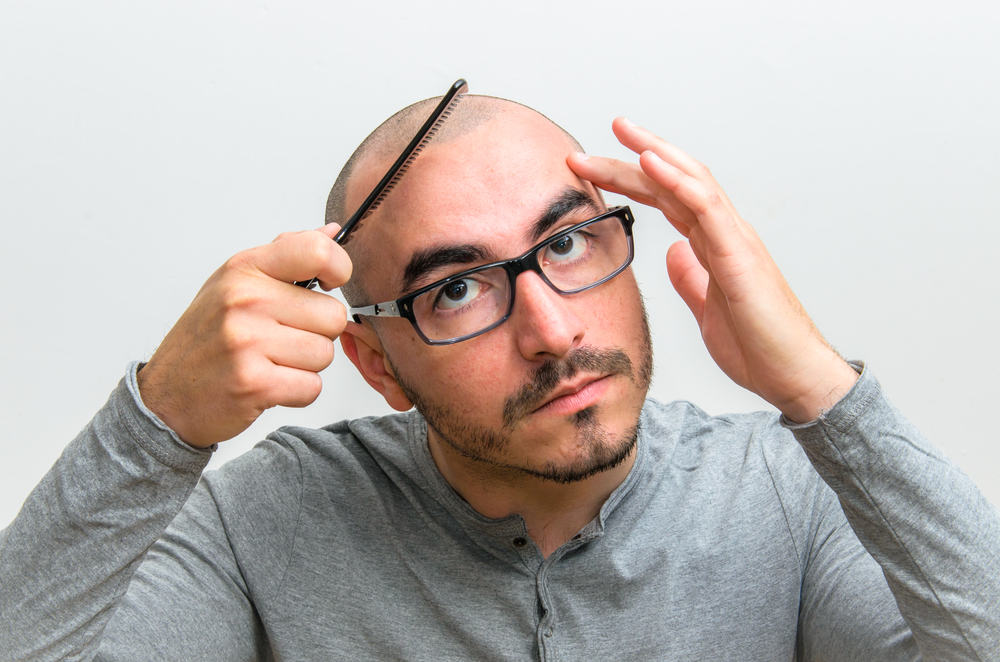Contents:
- What is otitis externa?
- What are the signs that I get otitis externa?
- How to prevent otitis external ear infections while swimming
- Dry your ears after swimming and bathing
- Use alcohol
- Use it ear plugs (ear plugs) or swimming cap (head cover) when swimming
- Don't use it cotton bud, tissue, or any object to clean and dry your ears
- Avoid swimming pools that contain lots of bacteria
Swimming is a sport that is beneficial to health and certainly makes the body more refreshed. However, like other types of exercise, there are risks that you need to look at. The risk of swimming which is quite often reported is ear infections, namely otitis externa. Infection which is also often referred to swimmer's ear alias swimmer's ear this can be prevented, really. Check out the full information below.
What is otitis externa?
Otitis externa usually occurs when water flows in your ear canal, especially when swim. Well, bacteria that usually live on your skin and ear canal multiply when the temperature is warm and wet.
As a result, when water enters the ear canal and makes it moist, bacteria can become more malignant causing irritation, infection, or inflammation. Sometimes, fungal infections can also occur in these conditions.
What are the signs that I get otitis externa?
You can recognize the symptoms of this ear infection through signs such as redness, swelling in the ear canal and your outer ear (parts you can see directly from the outside), itching, pain, pus, and sometimes cause hearing loss.
You can reduce the inflammation by cleaning and drying your ear canal after swimming. In most cases, antibiotics or antifungals need to be included in the form of ear drops.
Without good protection for your ears, the ears will be exposed to water and make the ear canal moist. Depending on how big the shape and size of your ear canal is, this is what affects the amount fluid that might enter the ear.
How to prevent otitis external ear infections while swimming
If you experience symptoms of ear infections, immediately check your ear, nose and throat specialist. However, you can also take steps to prevent otitis external ear infections while swimming the following.
Dry your ears after swimming and bathing
By removing excessive moisture from the ear, you can reduce the possibility of bacterial growth and reduce the risk of infection. You can use hair dryer by setting the coldest air on your outer ear canal if it's wet.
Use alcohol
Clean your ears occasionally with alcohol. Put alcohol into the ear so that the water left in your ear evaporates. In addition, alcohol also has the ability as an antimicrobial.
However, do not do this too often because it can cause the skin in your ear to dry. Make sure you dry your ears with drying drops or hair dryer to dry your ear canal so that no moisture is left behind.
Use it ear plugs (ear plugs) or swimming cap (head cover) when swimming
Ear plugs and swimming cap can protect your ears to avoid exposure to water. However, both are also at risk of trapping water into your ears. Therefore, make sure to keep your ears dry after you swim, even if you wear them ear plugs or swimming caps.
Don't use it cotton bud, tissue, or any object to clean and dry your ears
These ingredients will not only push dirt on your ear deeper, but can also hurt the skin in your ear canal and cause irritation.
Avoid swimming pools that contain lots of bacteria
The higher the bacteria content, the more likely you are to get an infection. Unfortunately, it is very difficult to know how dirty the pool water is. Some swimming pools give signs such as, "Swimming is prohibited" or, "High Bacteria Level”.
However, water with high bacterial content usually looks dirty, cloudy, lots of garbage or debris, and mossy. So if the pool is not convincing, you should not swim at all there.

